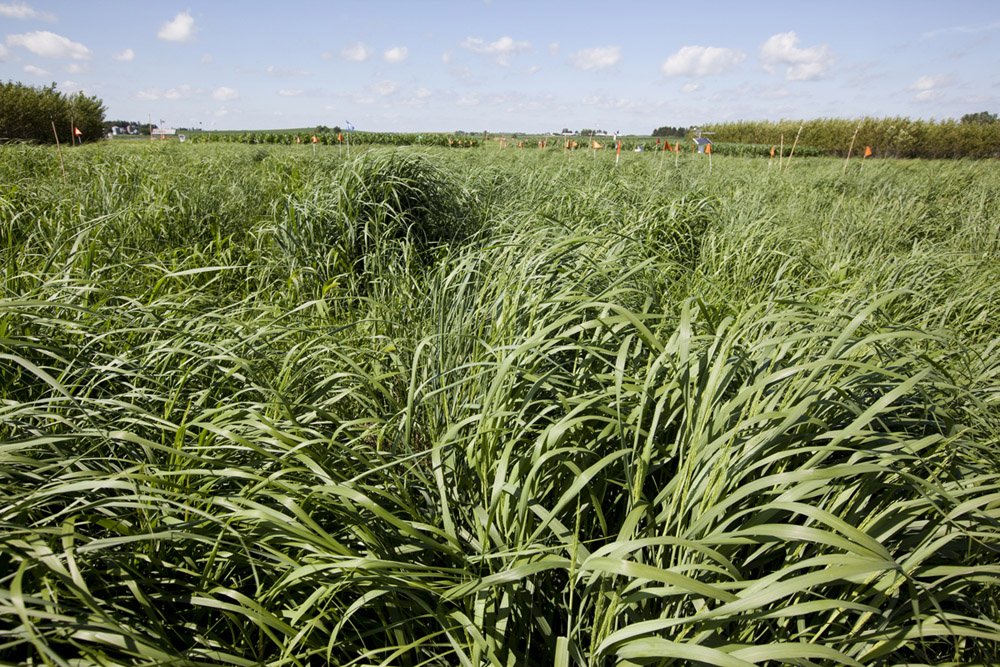
Three Great Lakes Bioenergy Research Center (GLBRC) researchers are recipients of project funding from the U.S. Department of Energy and the Department of Agriculture’s Plant Feedstock Genomics for Bioenergy program, which recently awarded $12.6 million to scientific projects aimed at accelerating the use of plant tissue in bioenergy and biofuels.
Michigan State University professor of plant biology, Robin Buell, received $1 million for her project, “Exploiting Natural Diversity to Identify Alleles and Mechanisms of Cold Adaptation in Switchgrass,” which seeks to identify genes and alleles within switchgrass that contribute to cold hardiness with the goal of breeding a plant better equipped to flourish in northern climates.
John Mullet, Texas A&M professor of biochemistry and biophysics, was awarded $1,230,600 to explore “Genomics of Energy Sorghum’s Water Use Efficiency and Drought Resilience.” Mullet plans to identify the traits that improve the water use efficiency, drought resilience, and yield of the grass Sorghum and modulate these traits to improve the plant’s capacity to perform as a bioenergy feedstock.
John Sedbrook, associate professor of genetics at Illinois State University, is co-leading (with Michael Marks of the University of Minnesota) a project entitled, “Advancing Field Pennycress as a New Oilseed Biodiesel,” which also received $1 million. This research team will work on producing a superior, higher-yielding pennycress plant that can be used as a winter oilseed crop in corn and soybean fields in the Upper Midwest.
For more information, see the DOE-USDA Plant Feedstocks Genomics for Bioenergy press release.